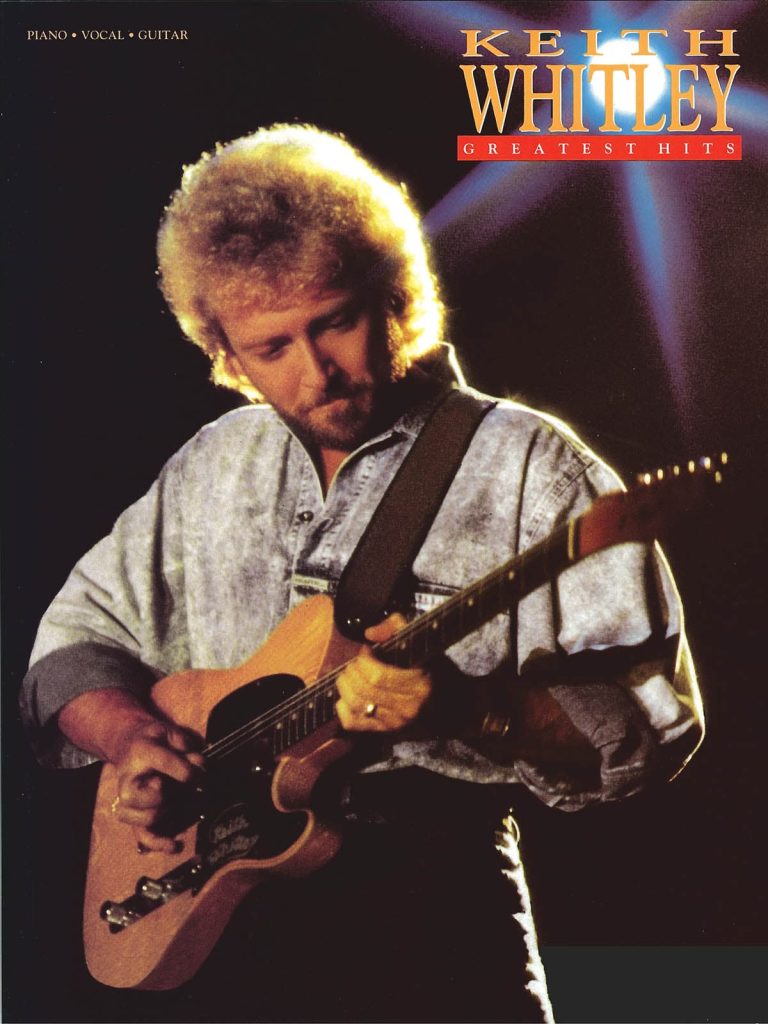
Keith Whitley – When You Say Nothing at All: The Timeless Elegance of Unspoken Love
Keith Whitley’s When You Say Nothing at All is a masterpiece of understated emotion, a song that captures the essence of love’s quiet power. Written by Paul Overstreet and Don Schlitz, the track became a defining moment in Whitley’s tragically brief but luminous career, topping the Billboard Hot Country Singles chart in December 1988 and solidifying its place as a country classic.
The song’s magic lies in its simplicity—both in its lyrics and its delivery. It celebrates the profound communication that occurs in silence, the intimate connection between two people that requires no words to express its depth. Lines like, “The smile on your face lets me know that you need me,” resonate universally, encapsulating moments of pure, unspoken understanding that define the strongest relationships.
Whitley’s voice brings a poignant vulnerability to the song, his smooth, emotive baritone imbuing each line with sincerity and warmth. There’s an effortless authenticity in his performance, as if he’s lived every word he sings. The understated arrangement—a gentle blend of acoustic guitar, soft percussion, and subtle strings—serves to highlight the emotional weight of the lyrics, allowing Whitley’s vocal performance to take center stage.
The song’s legacy has grown far beyond its original release. Alison Krauss & Union Station introduced it to a new generation in 1995, their ethereal harmonies and bluegrass-infused style transforming the song while preserving its emotional core. Frances Black’s 1996 version brought a tender Irish lilt to the track, while Ronan Keating’s 1999 rendition turned it into a global pop phenomenon, proving its universal appeal.
Yet, it is Whitley’s original version that remains the gold standard. Recorded during a time when his career was soaring, the song is emblematic of his ability to convey deep emotion with a sense of effortlessness. Tragically, Whitley passed away just months after the song’s release, lending an additional layer of poignancy to its enduring message.
When You Say Nothing at All continues to resonate because it speaks to the timeless truth of love’s quiet power. In an era often dominated by grand gestures and proclamations, the song reminds us of the beauty found in the subtleties of connection—in the glances, the smiles, and the moments of shared silence.
Keith Whitley’s rendition of this classic remains a cornerstone of country music, a testament to the singer’s unparalleled ability to touch hearts and the songwriters’ genius in crafting a piece that transcends time and genre. It’s a song that doesn’t just tell a story—it creates a moment, one that lingers in the hearts of listeners long after the music fades.